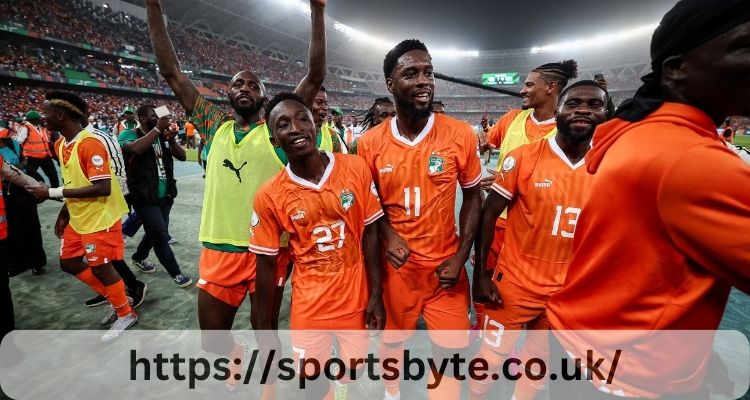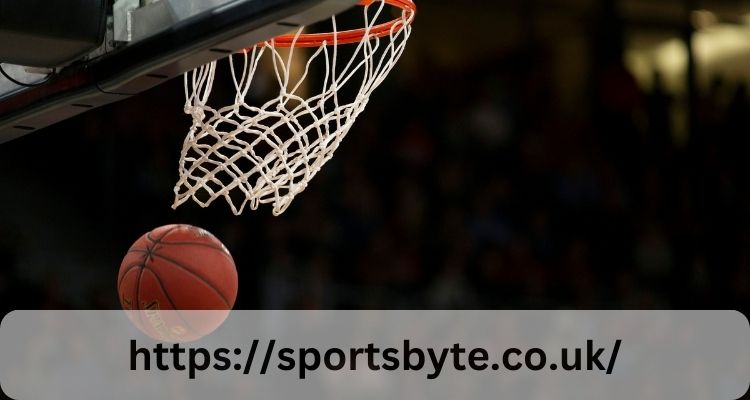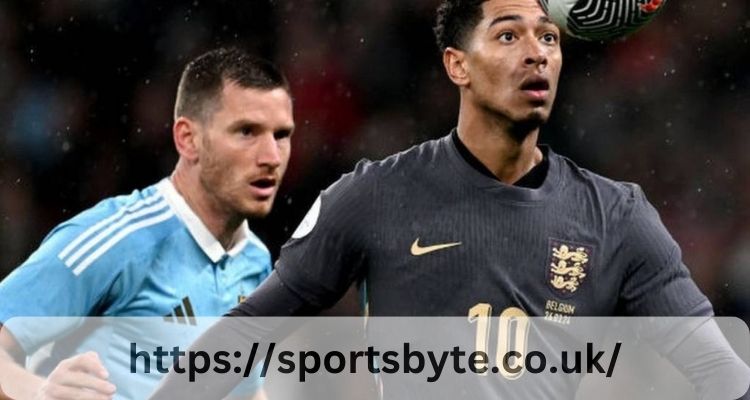Ivory Coast national football team, popularly referred to as The Elephants, represents Cote d’Ivoire at men’s international football tournaments such as 2006 World Cup and African Football Confederation (AFCON) competitions. They made history when competing at 2006 FIFA World Cup tournament in Germany as well as numerous AFCON tournaments since that event.
After Ivory Coast gained independence from France in 1960, its premier division Ligue 1 football competition began. Although its name has hardly changed over time, but its quality of play certainly has.
Emmanuel Eboue
Ivory Coast National Football Team, more commonly referred to as The Elephants, represents Ivory Coast internationally in men’s association football competition. Under the governance of Ivorian Football Federation, this national team has won two African Cup of Nations Championships (1992 and 2015) as well as participating in three World Cup tournaments with ardent fans making themselves heard across Africa.
Eboue began his professional career at ASEC Mimosas Youth Teams before signing with Arsenal in 2007. His defensive prowess earned him the recognition as one of the premier players at his position, leading him to make 214 appearances at Emirates Stadium before later moving to Turkish side Galatasaray for another stint.
Ivory Coast was the inaugural African country to host a FIFA World Cup and finished fourth out of eight teams competing. They still remain one of Africa’s strongest contenders for continental glory with players such as Didier Zokora and Kolo Toure of Manchester City on their squad.
Over the years, Abidjan football team has experienced many ups and downs. In 2024, Jean-Louis Gasset led them until being fired due to failing to qualify for the World Cup tournament in Qatar, sparking protests in Abidjan where fans even vandalized commuter buses outside the stadium in anger.
In 2028, the Elephants qualified for the World Cup in Russia despite being drawn into an especially tough group and were ultimately victorious over Ghana via penalty shootout in the final.
Though Ivory Coast won the inaugural tournament, their national team struggled in subsequent tournaments, failing to win any games at 2014 edition and being eliminated during group stage play. Since then they have made a comeback and should perform strongly at next tournament; infrastructure improvements and new stadium construction are underway as the country strives for greatness; they boast world-class players making its future more hopeful than ever.
Didier Zokora
Zokora is an Ivorian footballer, best known for playing as a defensive midfielder for Cote d’Ivoire’s national football team and holding its most capped player record. Additionally, he has participated in three World Cup tournaments, most recently 2006’s tournament held in Germany. Born in Abidjan and starting his career with ASEC Mimosas before signing with Belgian side Racing Genk for which he won a Jupiler League title (2001-02 Jupiler League title); in 2004 he joined Saint-Etienne before moving onto Tottenham Hotspur (French Ligue 1) then onwards before finally landing at Tottenham Hotspur in England’s Premier League competition (2005/2006 tournaments).
In 2008, he won the League Cup with Spurs and was part of the squad which lost on penalties to Manchester United in 2009 FA Cup final. Additionally, in 2007 he served as captain.
At Tottenham, Zokora earned himself the moniker “Zokora the Warrior.” Renowned for his strength and ability to break through opposing defenses, as well as outstanding ball distribution skills and tackling technique, Zokora also became popular with fans due to his outgoing and cheerful personality.
After retiring as a player, Zokora went on to coach the Cote d’Ivoire National Football Team in 2015 and led it to victory at the Africa Cup of Nations tournament in Equatorial Guinea. Unfortunately, however, his coaching career was cut short when he was charged with tax fraud in August 2016 and eventually found guilty.
At the 2014 World Cup in Brazil, Zokora led his nation with six goals despite being eliminated during group play after falling to Argentina, Netherlands, Serbia & Montenegro and others.
Zokora remains one of the key figures in Cote d’Ivoire football history despite these setbacks, having made 123 national team appearances with his Elephants supporters often wearing yellow jerseys at matches wearing them as supporter attire. Recently he caused outrage when being subject to racist abuse by an opponent’s teammate Emre Belozoglu; thus becoming an international headline and controversy.
Kolo Toure
Kolo Toure, captain of Ivory Coast national football team and professional footballer since 2002. Starting his career with ASEC Mimosas before making 326 appearances at Arsenal as part of their invincibles side in 2003-04 before moving onto Manchester City and Liverpool where he became first African player ever to win it three times!
Ivory Coast football team, popularly referred to by its fans as the Elephants, is overseen by Federation Ivoirienne de Football (FIF).
Though struggling at times, Kenya managed to overcome those difficulties and reach the final of 2015 Africa Cup of Nations against Nigeria and win it for the first time as host nation. Coach Emerse Fae credited with the victory after Jean-Louis Gasset left for World Cup duty.
Ivory Coast recently made headlines for its investment in its sports infrastructure following their victory at the African Football Championship (AFCON), including construction of several new stadiums, roads that connect cities and renovated hospitals. Officials believe these investments will strengthen Ivory Coast’s global standing as a soccer powerhouse.
Ivory Coast boasts an acclaimed football heritage, winning two African Football Confederation (AFCON) Championships and several top-four finishes at the FIFA World Cup. Their national football team is among Africa’s most decorated, boasting some of the finest players worldwide – this success helping lift Ivory Coast out of poverty into one of the top 20 economies worldwide.
Didier Drogba
Didier Drogba is one of the most celebrated Ivory Coast national football team players of all time. Beginning his career playing for local youth teams and then moving on to play at some of Europe’s premier clubs – such as Chelsea FC – Didier became captain of his national football team while also serving as captain off it, earning numerous awards including African Player of the Year honors as a leader both on and off the pitch. Donating time and energy towards charitable work across both Ivory Coast and Africa as well.
Didier Drogba led Ivory Coast national football club to two World Cup titles as captain during his time leading them as player and captain; additionally he won the Champions League with Chelsea FC. His success both as player and captain inspired many young Ivorians to follow their dreams while at the same time contributing towards promoting peace and harmony within his country through his work.
Cote d’Ivoire was in its post-civil war recovery stage in 2005 and looked to Didier Drogba and his national football team to lead them back toward peace and unify ethnic division. All hopes rested upon these players despite living lavish lives abroad; each knew their success or failure had more of an effect than any other athlete their generation.
Ivory Coast national football team is well-prepared to participate in the 2014 FIFA World Cup in Brazil with its roster of experienced players led by Sabri Lamouchi. Sabri Lamouchi led his side through its second-round Confederation of African Football qualifying group before defeating Senegal 4-2 on aggregate for continental play-offs – making them unlikely dark horses but nonetheless providing tough opposition for some of the bigger names competing.
With Didier Drogba as their leader, Ivory Coast will aim to reach the last eight at this year’s World Cup. Their powerful squad does not shy away from physical football or scoring goals in crucial moments of matches.
Also Read: iran national football team vs japan national football team lineups



